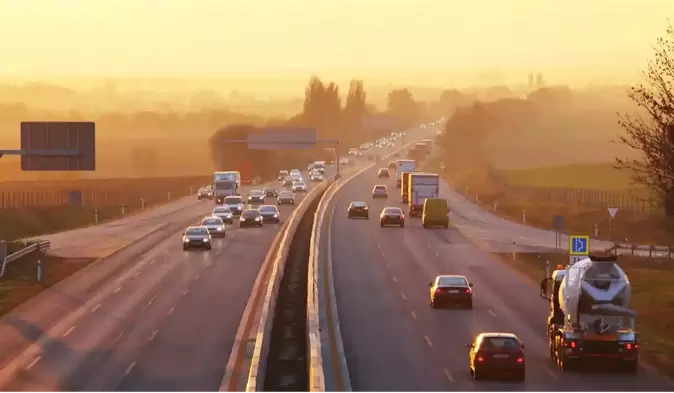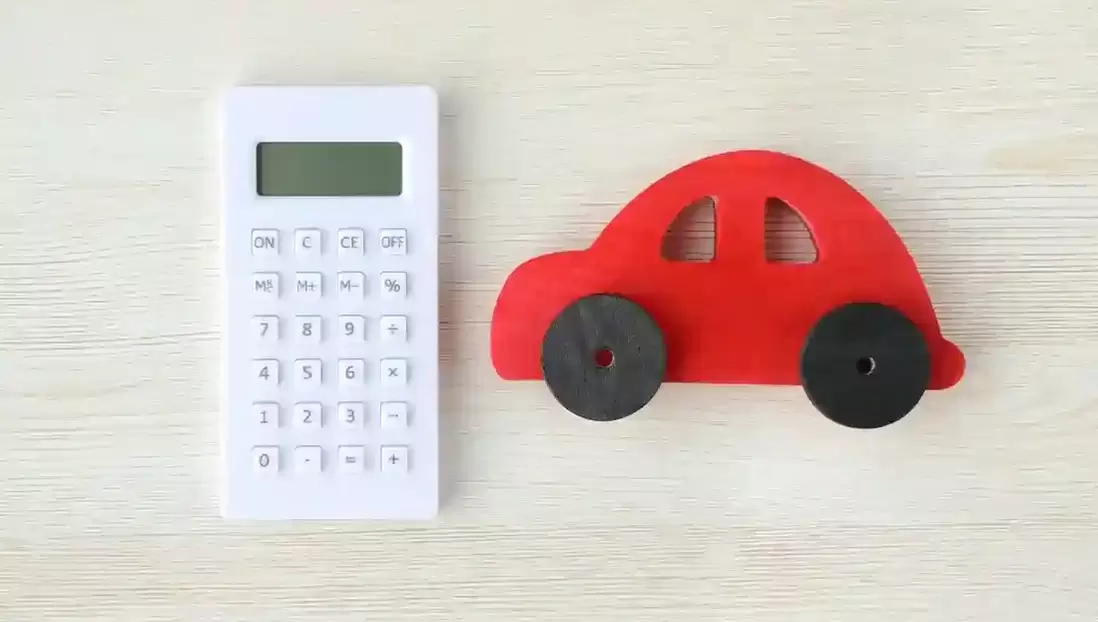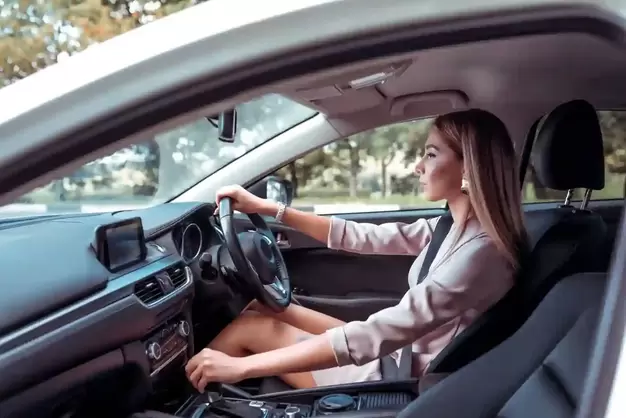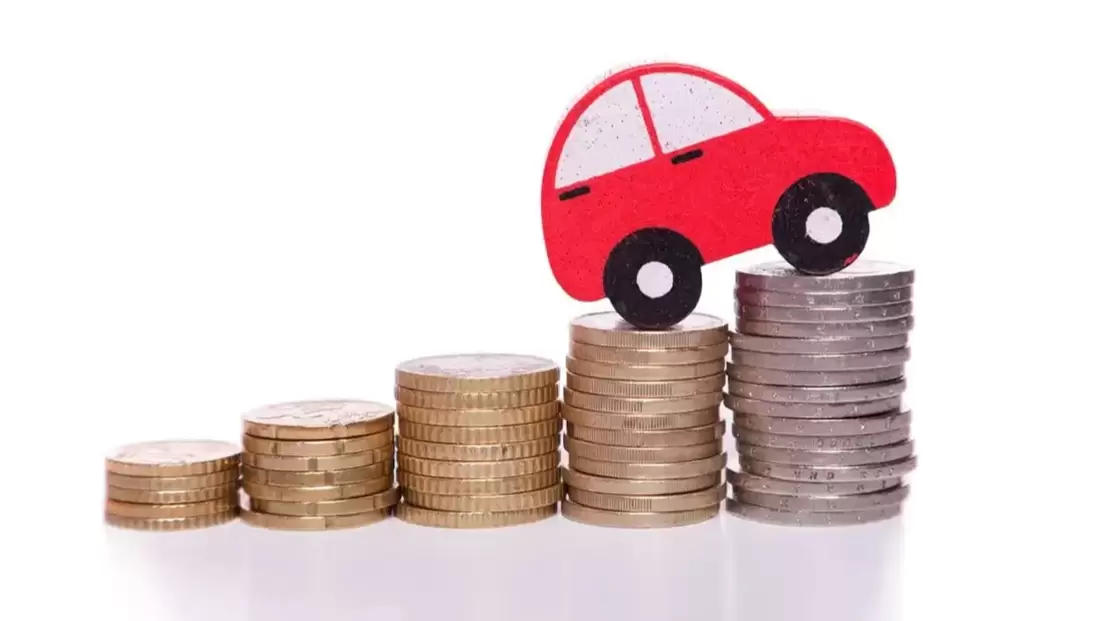How high-tech can save you money on car insurance
Could you cut your car insurance bills by switching? |
|
The driverless car may be just around the corner, and it’s likely to revolutionise car insurance.
This simply because over 80% of road accidents are caused by human error. But before it arrives, there are other high-tech features already available that can help the motorist at least try for lower premiums. Insurance is all about risk, the lower the risk profile you present, the lower are likely to be your premiums. But sometimes things can be counter-intuitive. For example, the fewer miles you drive, the lower your premium. That would seem to be logical because you’re driving less, so the risk of an incident should also less. But only up to a point. |
|
|
Once you go under a certain mileage (usually 5,000) a year, your premiums can often go UP.
This might seem odd, but, if you think about, it’s logical. If you do such a low mileage you’re statistically more likely to have rusty driving skills. The bottom line is that the lower you can reduce your risk profile, the better. The driverless car is already here to some degree – at least certain technological features of it are. Plugging into them, by choosing the right car, could help reduce your premiums (the best way to cut your car insurance bills is, of course, to compare prices and switch to a cheaper deal). Automatic braking and parking assistance, or even full-automatic parking are being recognised by insurers as features that can significantly reduce risk. Euro NCAP, the European New Car Assessment Programme, has found, for example, that autonomous braking systems have brought about a 38% reduction in rear-end crashes in Europe. Black Box – aka telematics On of the most significant additions, especially for drivers under 25 years old who are traditionally seen as high risk, is the black box. It’s a huge bonus – so long as you do actually drive well! This is simply a small device that measures the quality of the driver’s performance based on road conditions and restrictions. It measures such features as acceleration, speed relative to limits, smoothness of braking and number and quality of gear changes. All this data adds up to an overall profile of the driver and a premium can be arrived at accordingly. So, instead of placing drivers in huge categories, a bespoke policy can be created, more accurately reflecting the type of driver they are. Drivers between 17 and 21, who will usually have no no-claims bonus can save big time with a black box policy, even as much as much as £1,000-plus a year, it’s been calculated. You’ll need to be clear, though on the type of policy on offer. Some insurers calculate that just by opting to have your driving measured and assessed in this way, your risk profile falls and you get a discount. Others will want to look at the data recorded before any reduction is offered. They all work slightly differently, but most features are the approximately the same. Churchill, for example, offers Drive Sure for cars built since 1996. The small black box records your driving and you are able to later monitor this online, seeing how you drive. Although the black box measures your speed relative to speed limits, speed data is not actually used to score the quality of your driving. The black box will also precisely locate your car at any time. |
|
|
How is a discount worked out?
How you get money off your policy will vary depending on the policy you have. Some will be based around discounts and you can get money back on a monthly, or quarterly basis, or it might be that you’ll get a discount when it comes to renewal. Some policies are also based on mileage, which means the amount you can drive annually is limited and this can be increased as a reward for high-quality driving. Keep in mind, though, that black boxes are a double-edged sword. Most drivers will automatically drive more carefully and probably take fewer risks if they know they’re being monitored. But we all seem to think we’re good drivers – and it may be shock to find out that we’re far less competent than we imagined. That could translate, not only into some wounded pride, but also higher premiums. Some insurers might increase your premium, but others might cancel your cover completely. When you compare car insurance online, look out for which insurers are offering black box deals. |
|
|
Dash cams
Dashboard cameras are becoming increasingly popular as technology now allows a camera to record high-quality footage on a more or less permanent loop as soon as you start up the engine and drive off. Tiny cameras record each journey and make it simple to review evidence in the event of an accident or other incident. They are especially useful in establishing blame in a fairly clear-cut way, which assists insurers to clear up claims efficiently and speedily. Some insurers will offer a discount if you install an approved dash cam and they’re a great idea for personal use anyway. Proof that an accident was not your fault could save you £££s, regardless of any discount your insurer gives you for having one. With many incidents it can be almost impossible to establish who was at fault and, according to research, as many as 27% of motorists can’t prove they were not to blame. And an incident were no fault is established can still push up your premiums. Dash cam footage will not be accepted by most insurers. High-tech security Technology has already made a big mark in increasing car security, making some cars much harder to steal. Anything that reduces the risk of your car being stolen, damaged by vandals or broken into can potentially help reduce premiums. An alarm doesn’t seem especially high-tech these days, but a good, approved one can bring down your premium. A tracker, too, that can trace your car if it’s stolen will also be seen as lowering your risk profile. Just fitting such devices shows the insurer that you take security seriously and are therefore less likely to leave your car parked in a high-risk location, for example, and that lowers your risk. There's more ways to save money on your car insurance in our guide. To get money-saving deals and tips straight to your inbox for free, enter your email into the box at the top. We'd love to have you on board! |
|
Compare quotes to save on car insurance |




